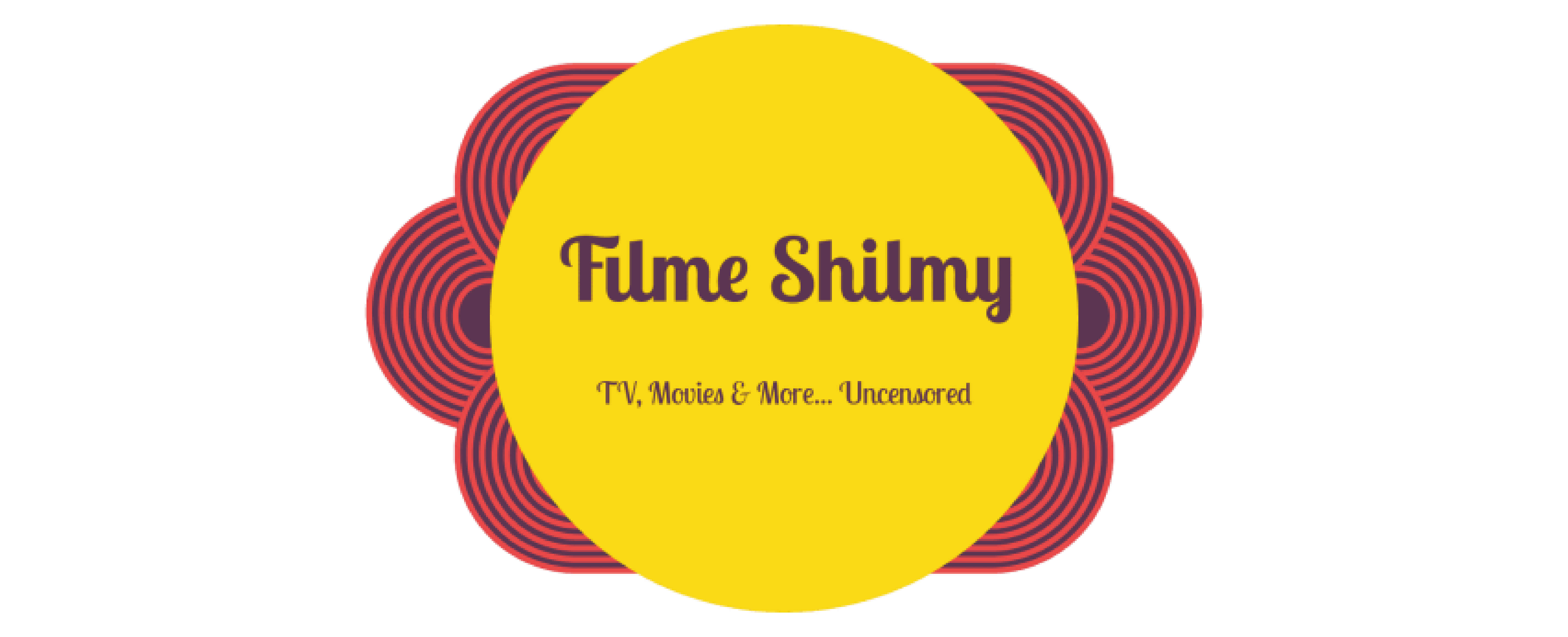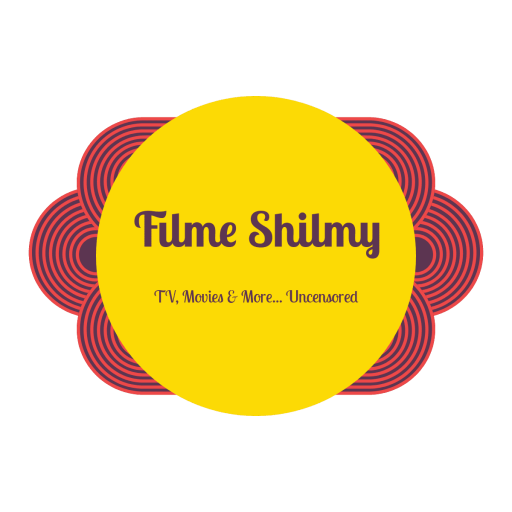Reema Kagti is a filmmaker par excellence and has showcased versatility in her storytelling.
Her first movie Honeymoon Travels Pvt Ltd was a comedy-drama, her second film Talaash was a noir-thriller and Gold, her third most recent venture, was a patriotic sports film.
After teaming up with Zoya Akhtar for the production house Tiger Baby, the team have created the Amazon Prime Video series, Made In Heaven.
The show follows the lives of Tara (Sobhita Dhulipala) and Karan (Arjun Mathur), two wedding planners in Delhi.
These two headstrong individuals often mask their supreme vulnerability, sometimes even from each other, as their wedding planning agency forces them to discover themselves.
The show portrays today’s India as a potent blend where tradition jostles with modern aspiration, set against the theme of the ‘Big Fat Indian Wedding’.
Indians believe marriages are made in heaven and it is against these sacred unions that Tara and Karan’s personal journeys are juxtaposed.
With world-class production values and a magnificent scale, the show provides the viewer with a grand cinematic experience of intricacies and the drama around upscale Indian weddings.
The series is directed by Zoya Akhtar, Nitya Mehra, Alankrita Shrivastava and Prashant Nair, while Zoya and Reema are the creators.
In a special interview with Reema Kagti, we get to know about the show in more detail.
From the conceptualisation of Made In Heaven to the final product, how satisfied are you with the show?
As creators, when you look at your work for the first six months or so, you will only see mistakes (laughs).
Right now, I see a lot of things that we could have improved and get right for the second season (should there be one).
How (if at all) has creating the web-series changed your perception of the Big Fat Indian wedding milieu?
In that sense, it hasn’t really changed my perception.
I had a certain point-of-view about it and perhaps Zoya and Alankrita did too, hence why we came up with the idea.
The gem of the idea came but it was apparent to all three of us that this was delicious for drama through which we could also make a larger social critique.
We wanted people to relate to it, at the same time it was three of us as individuals reacting.
This kind of show is difficult to remove from who you are and your politics.
That was the bond between Zoya, Alankrita and myself that we shared the vision of looking at the ‘Big Fat Indian wedding’ which on the surface seems celebratory and happy.
But we took the view of the wedding planners which enables us to get into the chaos and madness behind the weddings.
At the same time, we tried to present the identities of Tara and Karan as we wanted something to juxtapose weddings with their lives.
We thought it would be ironic if the two main characters who were going about arranging these perfect unions of other people.
Four of Indian cinema’s finest filmmakers are collaborating in the show. What are some of the challenges one faces in working with multiple directors?
A show like this lends itself.
But the first person who came on was Alankrita and I have to say the bulk of the writing was done by her.
We kind of sat together, while we were jamming initially when we spoke.
Around that time Nitya Mehra came in as a show-runner and part of what she did for the show was to maintain the continuity for all the directors.
We had certain systems set-up.
Apart from writer’s rooms (before we started shooting), they also had a director’s room where everybody sat together and discussed what they are going to do and how they were going to take things.
In the end, it worked out well.
Eventually, who got to do what and how many episodes were determined by people’s dates and availability.
I feel like the intensity of each episode is maintained because there are these many filmmakers.
It would have been very difficult for one director to sustain it for this much time.
Whilst working on a creatively liberal platform like the web, what do you do to maintain that balance in terms of the bold content you choose to portray?
What worked for us was the fact that we were collaborating with a platform like Amazon Prime Originals.
We know that eventually there is not going to be any kind of censorship.
In that sense, that is very liberating.
I feel that the larger crux of Karan and Tara is an example of writers writing without censoring themselves.
Given that section 377 has recently cleared. How do you hope the series will continue the conversation regarding same-sex rights in India?
We’ll have to take a look at that and hopefully deal with that in season 2 (if it happens).
At the end of the day, the decriminalisation is a big step, but we also have to deal with the de-stigmatisation.
When a law like this is in place for so many years, the prejudice and stigma run very deep.
So, if you ask me if we’re going to run out of order? My answer is no, unfortunately, not.
The law took so long for it to change and mindsets will take even longer – that is the impact of stigmatisation.
There has to be a de-stigmatisation process which has slowly begun, but it’s a start at least.
For Zoya, Alankrita and myself, when we’re talking about love and relationships, the 377 dialogue had a very valid space in the discussion.
Since you’ve directed films of various genres, what determines you to choose a film and style?
For me, I think the style of a film comes from an idea.
I do try and take a slightly organic route.
What idea will come to me next that is something I don’t know.
Since my style of films has been different, it could be anything.
Everything just starts with an idea you connect with or a space you would like to explore.
It is different things that start it off and cannot be bracketed into one style/genre.
Horror is probably the only genre I’m not looking at because I genuinely get scared.
That is my least favourite genre, but then again you should never say never!
We are now seeing more realistic movies rising to popularity in Indian cinema. Do you feel that this shift in preference has been a long time coming?
Yes, definitely. I think that in the last 15 years we have seen this shift.
Changes like this happen slowly and it takes time.
However, if you’re a storyteller functioning from India right now, it’s a good space.
In terms of feature films, the kind of movies you can make all kinds of them.
With all these OTT platforms coming.
You’re seeing a situation here for the first time where finance is chasing content as supposed to the other way round.
With regards to global players (like Amazon Prime) coming in, the Indian audience is getting exposed to international content.
That on a level sort of changes your own pallet.
The show tackles several issues and topics that are rampant in today’s society. What would you like the audience to take away from the series?
The eventual point that Made In Heaven is trying to say (on a personal level) is to really look deep within oneself to find out their identity and what makes them happy.
Self-discovery is a pet obsession with us and on a level, there is always space for improvement.
Made In Heaven is available to stream now on Amazon Prime Video.













[…] this, Reema Katgi, one of many makers of Amazon Prime Video’s Made in Heaven, stated, “There needs to be a destigmatization course of which has slowly begun, which is a […]
[…] for us to explore Indian society, to make some kind of social commentary.” She notes in another interview, “This kind of show is difficult to remove from who you are and your politics,” adding that the […]
[…] for us to explore Indian society, to make some kind of social commentary.” She notes in another interview, “This kind of show is difficult to remove from who you are and your politics,” adding that the […]
[…] us to discover Indian society, to make some sort of social commentary.” She notes in one other interview, “This sort of present is troublesome to take away from who you’re and your politics,” […]
[…] for us to explore Indian society, to make some kind of social commentary.” She notes in another interview, “This kind of show is difficult to remove from who you are and your politics,” adding that the […]
[…] for us to explore Indian society, to make some kind of social commentary.” She notes in another interview, “This kind of show is difficult to remove from who you are and your politics,” adding that the […]
[…] us to discover Indian society, to make some type of social commentary.” She notes in one other interview, “This sort of present is tough to take away from who you might be and your politics,” […]
[…] para explorar la sociedad india, para hacer algún tipo de comentario social”. Ella nota en otro entrevista, “Este tipo de programa es difícil de eliminar de quién eres y de tu política”, y agregó […]